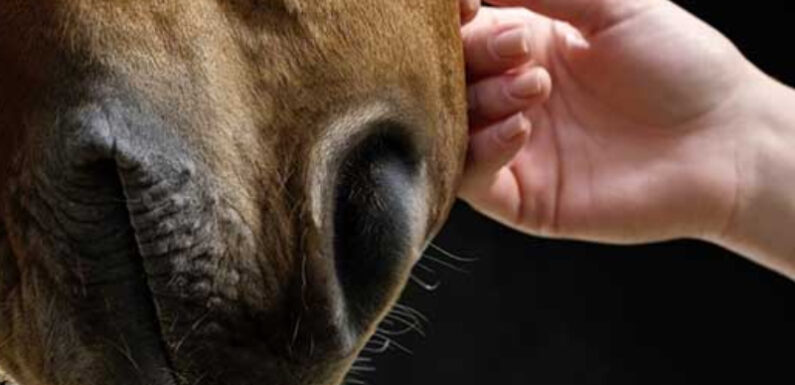
Why race horses need extra care
Horses are incredibly nimble-footed and fast animals. But not all of them are built to be race horses. A horse is ear-marked to join the racing industry when it is as young as 6 months old. On average, a racehorse will be used in the races for three years, before it is retired. Racehorses are like athletes. They train hard, really hard. The life of a racehorse is a tough one, despite the external glamour portrayed by the industry. Just like sports athletes, racehorses require extra care and maintenance. The health of a racehorse depends entirely on the team of vets, groomers, trainers and the jockey.
Role of the trainer in caring for the racehorse
A racehorse trainer is an individual who is authorized to look after the animal. The main objective of a trainer is to build a trusting relationship with the horse that he is entrusted with. The trainer is largely responsible for the horse’s physical and mental health condition.
Good trainers are in high demand, for they plan the entire lifestyle of the racehorse. This in turn reflects on the performance of the horse during the races. An efficient trainer should be capable of:
- Drafting a proper diet plan that includes the supplements for the horse.
- Planning the physical therapies required to keep the animal in top shape.
- Understanding the nuances of horse training.
- Understanding of training injuries and physical strains that occur during training.
- Know how to handle issues like dehydration and cramping.
- Planning feeding schedules, vet visits, and vaccinations.
- Identifying small health issues before they manifest into significant problems.
Horse trainers are expected to be highly knowledgeable about a horse’s anatomy and physiology. Owners of highly prized stallions prefer trainers who will even know which race is appropriate for the animal.
Sheltering a racehorse the appropriate way
Prized racehorses are mostly kept within custom-built shelters that have all the comfortable amenities. However, some breeds with dense coats are comfortable living outdoors as long as they have a place to shelter them from weather extremities.
It is not uncommon for owners to fuss over thoroughbreds but commonly, all horses require a dry, safe place. Horses are quite happy with shelters that have natural hedges and trees. An enclosed space will be necessary to keep the horse when he has to be sheltered from uncomfortable weather conditions. The place should be easy to access, have proper drainage, and ventilation. Poor shelters will contribute to injuries and lead to the faster spread of equine diseases.
Grooming tips for racehorses
Grooming for thoroughbreds involves the combined effort of the groom, the vet and the trainer. Grooms must report injuries to the vet and the owner. Shoeing the horse is also his responsibility. The horse must be subjected to a thorough examination before every race. The racing industry is extremely stringent about using drugs on the animal to boost his performance. Such illegal activities will end up with the horse being disqualified and the owner will have to pay a hefty fine.
A rigorous grooming regime for racehorses includes:
- Intensive coat care which comprises brushing, combing and removal of dirt. Expensive oils and shampoos are used to improve and retain the coat’s lustre.
- Hoof care involves trimming and removal of dirt and gravel. A farrier or a blacksmith is hired every couple of months for hoof trimming or shoeing.
- De-worming is a crucial step in maintaining the health of the horse. They must be kept on an anti-parasite regimen because they are constantly exposed to parasitic eggs and intestinal worms that are found in their fodder.
- Trimming of excess hair from the face, mane and tail is another key element of grooming.
The above mentioned caring tips are just the basic steps to maintain and care for a racehorse. The process requires a lot of patience, dedication and love for the animal.




